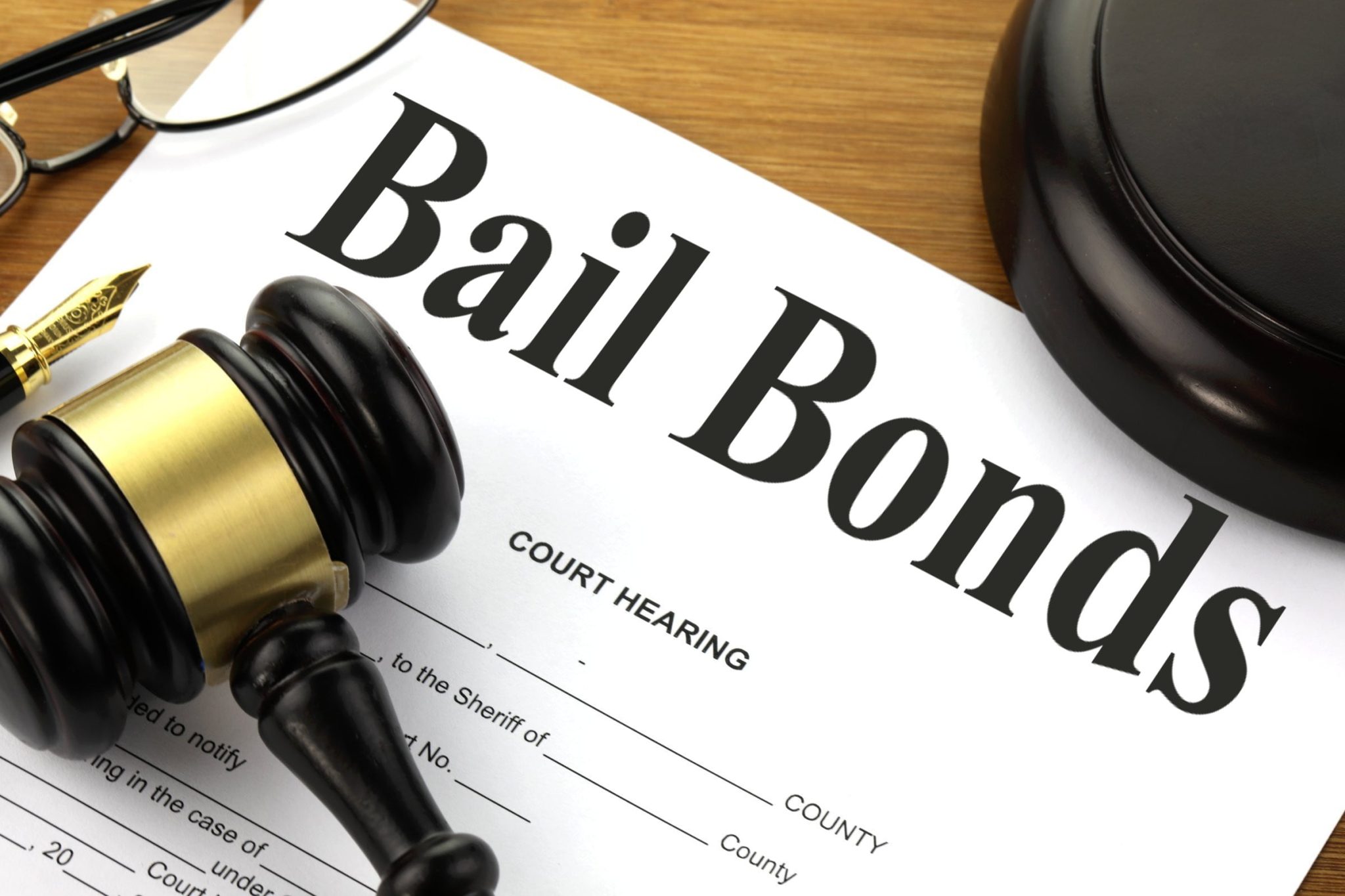A bail bondsman offers the defendant financial assistance to make bail in cases when they cannot afford to pay in full. Bondsmen also have experience working with the court system and may expedite a release on bail. Understanding the bail procedure, including the type of bail, the amount of bail, and post-release conditions, helps you navigate release. Here is what to expect when working with a licensed bail bondsman:
Initial Booking
Bail is the money or property a defendant pays the court to be released from jail while awaiting trial. It is a contractual undertaking that requires you to fulfill all the court orders and appear before the court when needed. When bail amounts are high, a bail bondsman posts bail on your behalf. They may request additional assurance, such as collateral or a co-signer, to verify that you will appear in court or fulfill other post-release conditions. The co-signer agrees to be financially responsible for the defendant’s bail if they fail to appear in court. They may decide to use personal property as collateral for the bond in cases of a higher bail.
Contacting a bail bondsman after an arrest requires you to provide key details, including:
- Full name
- Date of birth
- County or state jail where you are arrested
- Bail amount
The bondsman reviews these facts and determines if they can help with the payment of the bond. They also explain the steps to follow, such as the co-signer requirements or non-refundable fees. The bondsman establishes that all paperwork is completed before proceeding.
Your flight risk and the charge often determine the bail amount the court sets. The court also reviews your previous criminal records and risk to public safety to determine the bail terms. A higher bail could be set if there are inquiries and allegations from the victim. In high-risk scenarios, a bondsman may only post bail through a surety bond. This bond confirms that the bondsman will be compensated for any financial loss that may occur.
Release Process
The bond agent submits the bail paperwork to the detention or court facility once it is complete. This allows the court to finalize the release and collaborate with the jail for your release. A professional bondsman keeps in touch throughout the process and notifies you about your potential release schedule. This helps create a seamless bond process.
Post-Release Obligations
The court expects you to adhere to the set bail conditions to avoid penalties, forfeiting the bail, or issuing an arrest warrant. Some conditions include attending all court hearings, avoiding any legal disputes, and travel limitations. The bonding agent can remind you of upcoming court activity and duties to protect their investment. Failure to attend legal proceedings might result in the bonding agent surrendering you to court to minimize financial loss.
Consult a Competent Bail Bondsman
Working with a bail bondsman can be a reliable way of navigating the release process after an arrest. Verifying their licensing before entering into an agreement helps protect you by demonstrating their accountability and ethical practices. Consult an experienced bail bondsman if you or your loved one requires assistance in securing a release from jail.



